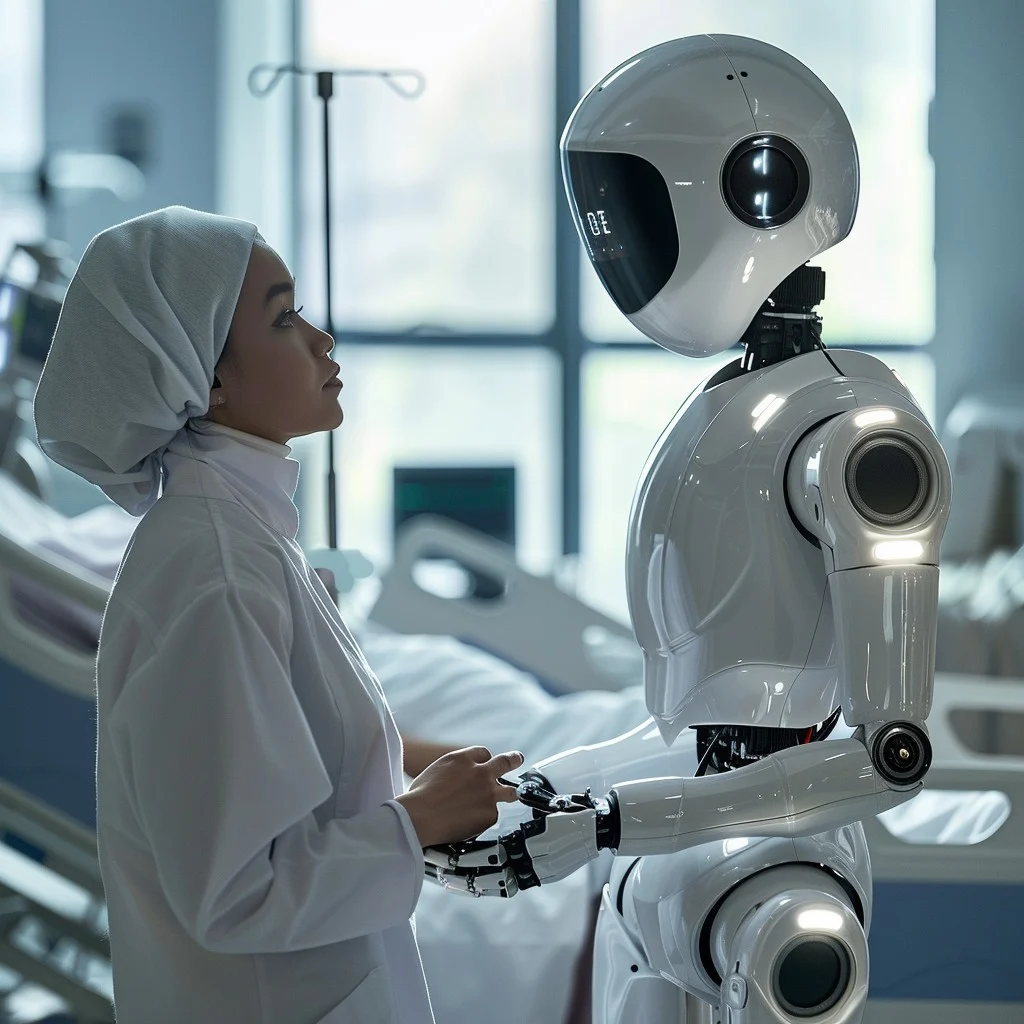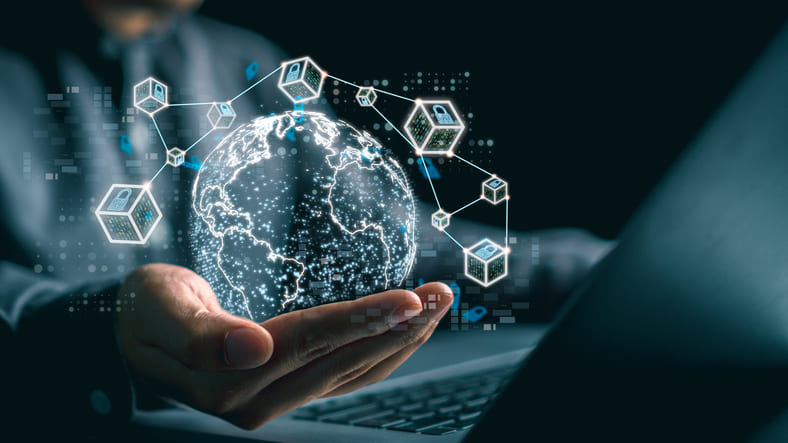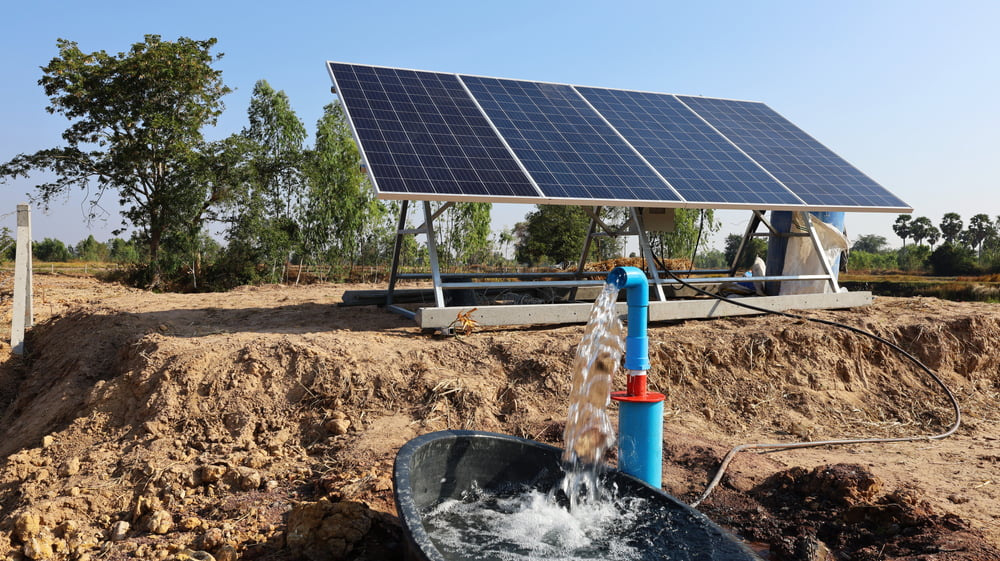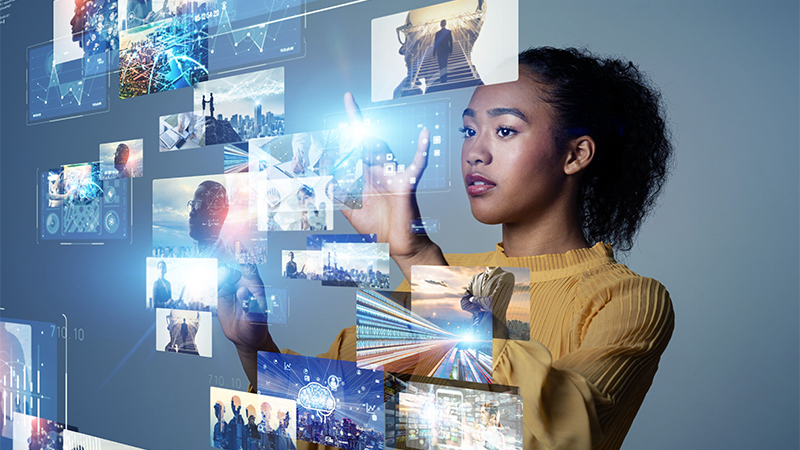How AI is Transforming Healthcare Worldwide
In just a few years, artificial intelligence has gone from a buzzword to a critical part of healthcare systems around the world. From early diagnosis of life-threatening diseases to easing the workload of overburdened medical staff, AI is helping reshape how healthcare is delivered.
This transformation is not just happening in high-tech labs or Silicon Valley startups. AI-powered tools are now being used in hospitals, clinics, and even remote villages, changing how patients are treated and how lives are saved.
A New Frontier in Diagnosis and Detection
One of the most immediate benefits of AI in healthcare is its ability to help detect illnesses earlier and more accurately.
For instance, AI algorithms trained on thousands of medical images can spot early signs of cancer or neurological disorders with a level of precision that sometimes exceeds even seasoned specialists. These tools can analyze x-rays, MRIs, and CT scans in seconds—something that could take a human doctor minutes or hours.
Early detection doesn’t just improve outcomes—it can save lives. Especially in parts of the world where specialists are few, AI can help fill the gap.
Personalized Treatment Plans
AI also plays a growing role in creating personalized care for patients. Instead of using a one-size-fits-all approach, machine learning tools can analyze a patient’s genetics, medical history, lifestyle, and even real-time data from wearable devices to tailor treatment plans.
This kind of customization improves the chances of success and reduces unnecessary treatments or medications, leading to faster recovery and fewer side effects.
Reducing the Burden on Healthcare Workers
Doctors and nurses around the world are stretched thin. In many hospitals, staff are overwhelmed—not just by the number of patients, but by paperwork, data entry, and administrative tasks.
AI can take on much of this routine work, allowing medical professionals to focus on what matters most: patient care. AI chatbots can handle appointment scheduling and follow-ups, while smart systems can update records and manage medication tracking with minimal human input.
Expanding Access in Underserved Areas
In developing regions, where there might be only one doctor for thousands of people, AI is proving to be a powerful equalizer.
Mobile apps and remote diagnostic tools powered by AI are helping community health workers diagnose and monitor conditions even without formal medical training. These tools guide users step-by-step and sync with cloud-based systems to connect patients to doctors in cities or even across continents.
In countries like India, Nigeria, and Brazil, these AI-powered solutions are beginning to close the healthcare access gap in meaningful ways.
Challenges and Ethical Questions
As promising as AI is, its rapid growth in healthcare also brings up important questions.
Who’s responsible if an AI tool makes a wrong diagnosis? How is patient data being stored and protected? And can we ensure that these technologies are tested fairly and free from bias?
These are real concerns, and as the industry grows, transparency, regulation, and ethical frameworks must grow with it.
Looking Ahead
The future of AI in healthcare isn’t just about robots or automated hospitals—it’s about smarter, faster, and more human-centered care.
When used thoughtfully, AI doesn’t replace healthcare professionals; it empowers them. It brings expertise to places that lacked it, speeds up decisions where seconds count, and helps ensure that more people, no matter where they live, can get the care they need.
This is not just a wave of innovation—it’s a shift that’s changing lives all over the world.









